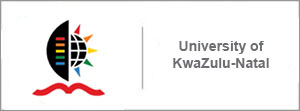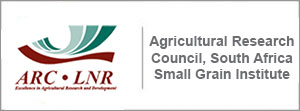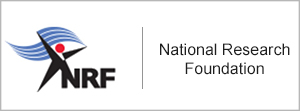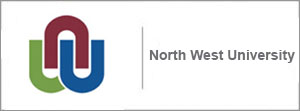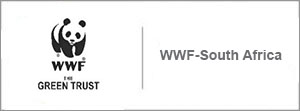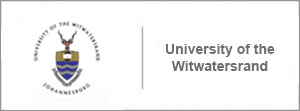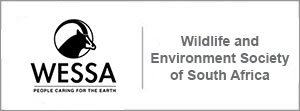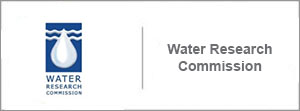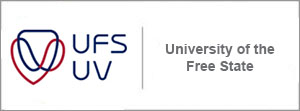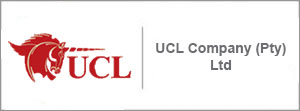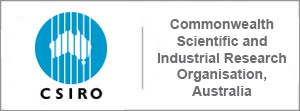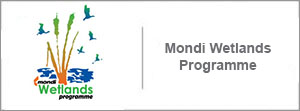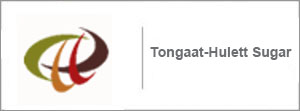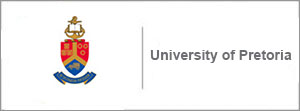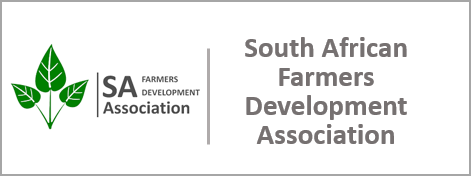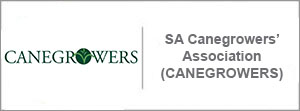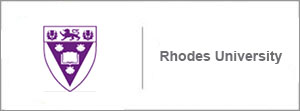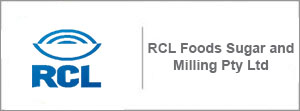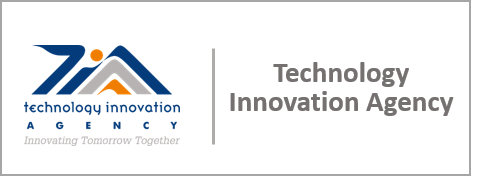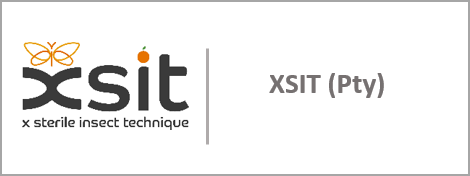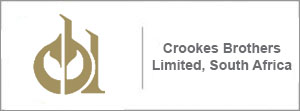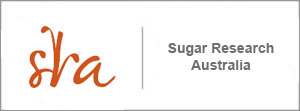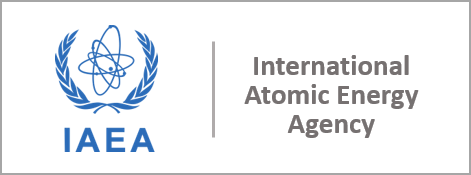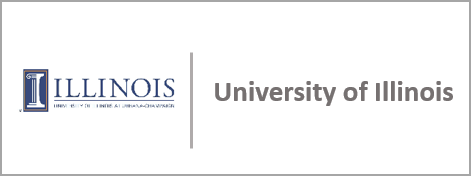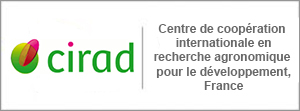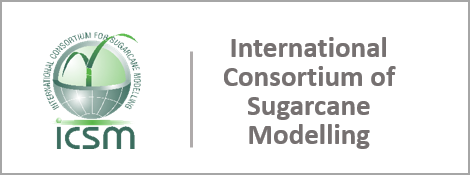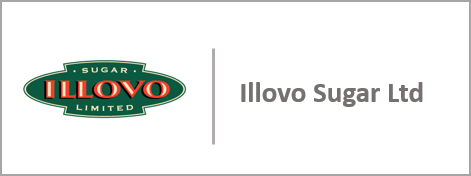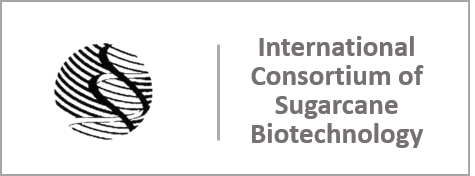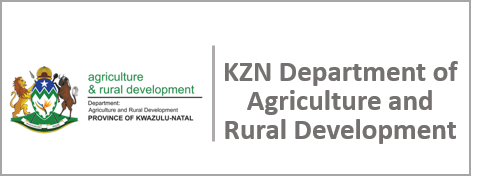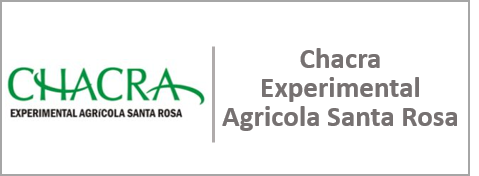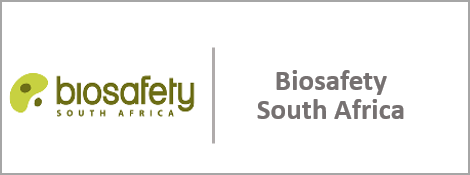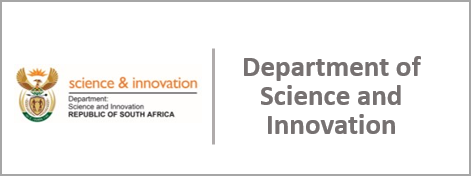Research Focus
SASRI Mission
To undertake research that enables the delivery of innovative technologies, value-adding farming solutions, extension and biosecurity services to small- and large-scale growers that increase agronomic productivity and the sustainability of the South African sugarcane industry.
Strategic Objectives
SASRI’s strategic objectives, which are associated with the six Critical Success Factors described in the next section, take into account the following:
- assessment and potential deployment of 4-IR technologies that are applicable to sustainable sugarcane production research and development that lend themselves to adding value to each specific programme;
- the requirement of tailoring RD&E to meet requirements of both small-scale and large-scale growers;
- consideration of the value proposition associated with all recommendations that emerge from all programmes;
- monitoring and evaluation to assess their impact on the sustainability of the sugarcane industry; and
- that outcomes from the Task Team deliberations associated with the Sugar Industry Master Plan will likely influence many of the identified strategic objectives
CRITICAL SUCCESS FACTORS
There are six critical success factors that contribute towards SASRI’s mission. Each critical success factor and its associated strategic objectives are detailed below.
SUSTAINABLE SUGARCANE PRODUCTION
- To develop improved varieties that add value to industry stakeholders operating in each agro-climatic region.
- To develop, refine and support the implementation of sustainable farming practices that enhance crop productivity.
- To consider and advise growers on specific cropping systems that enhance sustainable sugarcane production and
- that are aligned with the tenets of the Sugar Industry Master Plan.
- To proactively identify and provide guidance on the mitigation of potential production and quality risks to growers and the industry.
- To demonstrate the value that 4-IR technologies may add to sustainable sugarcane production and SASRI research, operations and services.
SMALL-SCALE GROWER SUSTAINABILITY
- To use knowledge of the farming systems and production risks of small-scale growers to develop and support the implementation of customised technologies and better management practices that increase crop yield and reduce biosecurity risks.
- To develop and support the implementation of additional methods to improve small-scale grower access to varieties and seedcane.
- To identify, develop and support the implementation of solutions tailored to the extension, biosecurity, education and training needs of small-scale growers and other industry role-players with whom they interact.
- To identify cost-effective, region-specific and complementary on-farm opportunities for small-scale growers to increase household income.
- To develop and support the implementation of customised farming systems in partnership with industry stakeholders and associations.
ENHANCING AND ENABLING ADOPTION
- To develop and implement marketing strategies for SASRI, SASRI technologies, better management practices and recommendations to increase stakeholder confidence and promote adoption.
- To undertake case studies and develop economic models that determine the value of SASRI technologies, better management practices and recommendations in order to facilitate their adoption, application and implementation.
- To develop new, and refine and implement existing, knowledge exchange methods that aim to increase adoption, particularly those that demonstrate value practically under local conditions.
BIOSECURITY
- To engage in policy advocacy and actively maintain stakeholder relationships with relevant government departments to retain and maximise the value of legislated self-governance.
- To develop and implement digital, real-time and geo-referenced systems for P&D data collection, monitoring, interpretation and sharing.
- To develop and provide agro-technical support for the implementation of new cost-effective seedcane production technologies that will contribute to biosecurity risk mitigation.
- To promote incursion risk awareness and mitigation planning formally within the industry and informally within sub-Saharan Africa.
- To inform incursion risk mitigation planning by undertaking risk and epidemiological modelling of specific existing and potential new pests and diseases, which account for climate change scenarios.
- To develop and provide implementation support for area-wide integrated approaches for pest and disease management which offer sufficient flexibility to protect resource-poor growers.
- To undertake education, training and marketing activities to raise awareness and promote good biosecurity practice amongst all growers.
COMMERCIAL OPPORTUNITIES
- To seek and take advantage of potential commercial opportunities for SASRI’s knowledge, research and technologies as they arise.
- To actively seek collaborations and partnerships that enable reciprocity in both expertise and funding to facilitate commercialisation of SASRI technologies both into other crops and beyond the borders of the RSA sugar industry.
- To utilise spare capacity to provide services to sugarcane and other agricultural producers in Africa.
- To explore lessons learned by international sugarcane RDI institutions in taking advantage of commercial opportunities, and apply relevant opportunities in the RSA industry.
SMART AGRICULTURE
- To apply aerial sensing technology and machine learning to enable cost-effective and fit-for-purpose applications that enhance monitoring, decision-making, mapping and scheduling.
- To demonstrate emerging 4-IR technologies and geo-spatial informatics that add value to existing data used by SASRI in economic modelling, real-time monitoring and technology value assessments and that drive improved productivity.
- To develop innovative low- and high-tech on-farm solutions to enable real-time diagnostics and the precise implementation and monitoring of a range of operations that demonstrate economic benefit.
- To seek and develop implementation opportunities for smart decision-support systems that enable growers to customise better management practices according to their requirements, while still farming sustainably.
Research Programmes
The SASRI research, development and innovation is administered within four multidisciplinary programmes, namely Variety Improvement, Crop Protection, Crop Performance & Management, and Systems Design & Optimisation.
Variety Improvement
This programme conducts research and implements strategies for the continual release of high yielding, adaptable, pest and disease resistant varieties that add value and enhance industry productivity…
Systems Design & Optimisation
This programme investigates, develops and transfers innovative systems that optimise industry agricultural performance…
Crop Protection
This programme develops integrated management strategies that minimise the effects of pests, diseases and weeds on crop production in a sustainable manner…
Research Staff

Dr Riekert van Heerden
Research Manager

Yenziwe Mfeka
Assistant Research Officer

Dr Lawrence Malinga
Programme Manager: Crop Protection; Senior Research Entomologist

Dr Sandy Snyman
Programme Manager: Variety Improvement; Principal Scientist: Biotechnology

Dr David Clark
Programme Manager: Systems Design & Optimisation; Cropping Systems Modeller

Dr Nitesh Poona
Crop Scientist: Digital Agriculture

Dr Natalie Hoffman
Assistant Research Officer: Crop Physiology

Ewald Albertse
Assistant Biotechnologist
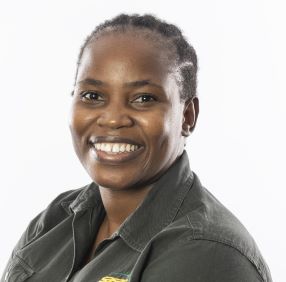
Thobile Nxumalo
Scientist: Variety Evaluation

Lindani Mchunu
Assistant Research officer: Variety Evaluation

Surashna Jithoo
Agrochemical Scientist

Dr Iona Basdew
Biosecurity Scientist

Khanyisile Buthelezi
Assistant Research Officer: Entomology
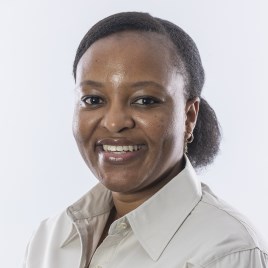
Slindile Sithole
Assistant Nematologist

Dr Marvellous Zhou
Senior Plant Breeder
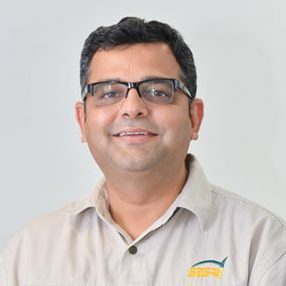
Dr Shailesh Joshi
Senior Plant Breeder

Moipei Lichakane
Assistant Plant Breeder
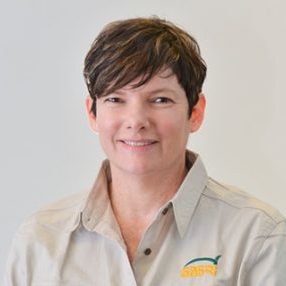
Sharon McFarlane
Senior Plant Pathologist

Aimee Koch
Quarantine Pathologist

Tholoana Mofurutsi
Assistant Research Officer: Pathology

Carla Kistan
Assistant Research Officer: Pathology

Dr Dimpho Elephant
Senior Soil Scientist

Dr Thandile Mdlambuzi
Soil Scientist

Natalie Keeping
Assistant Research Officer
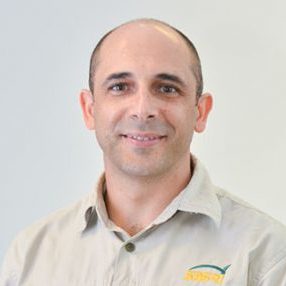
Dr Peter Tweddle
Agricultural Engineer
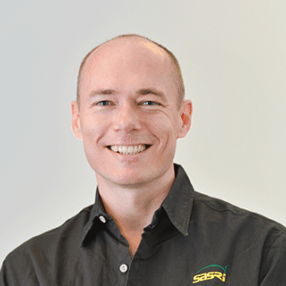
Timothy Thompson
Data Support Manager

Aresti Paraskevopoulos
Scientific Programmer

Hlobisile Khanyi
Assistant Research Officer
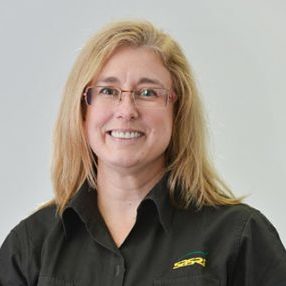
Gwethlyn Meyer
Assistant Biotechnologist
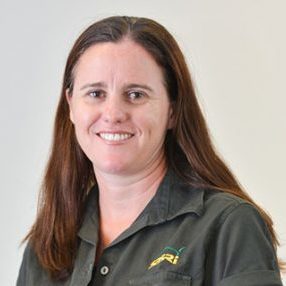
Robyn Jacob
Assistant Research Officer: Biotechnology
Science Mentorship
POST-GRADUATE PROGRAMME
To promote innovation in South African sugarcane agriculture, SASRI hosts a dynamic post-graduate programme on its campus in Mount Edgecombe, KwaZulu-Natal. The research is conducted under the supervision of SASRI scientists who are affiliated with several leading South African universities, including the University of KwaZulu-Natal, University of Pretoria, University of the Free State and Stellenbosch University.
Degree/Diploma Programme
SASRI runs an internship programme for candidates with a Diploma or a Degree in the biological and agricultural sciences, with a specific focus on optimising crop growth.
Initially, participants are offered a one year contract, which may be extended if the project is extended, provided there is funding available and the intern performs well. There are opportunities for further studies for students who excel and contribute significantly. After a two-year internship, students may be considered for our Post-Graduate Student Programme.
We normally look for applicants in the following disciplines: Biological Sciences, Microbiology, Biotechnology, Pathology, Entomology, Analytical Chemistry, Geographic Information Systems, Computer Science and Safety & Environmental Health.
Please visit our online application portal or our mobi application portal.
R&D PARTNERSHIPS AND COLLABORATIONS
SASRI seeks out new, and fosters established, partnerships to enhance research and development capacity to the benefit of the industry.
The quality of SASRI’s research is evident through its qualified and experienced staff, many of whom serve on committees of international scientific organisations, and as honorary members of various academic institutions.
SASRI currently maintains formal R&D partnerships or collaborations with:
